Police firing kills 19 in Nepal. Social Media ban lifted
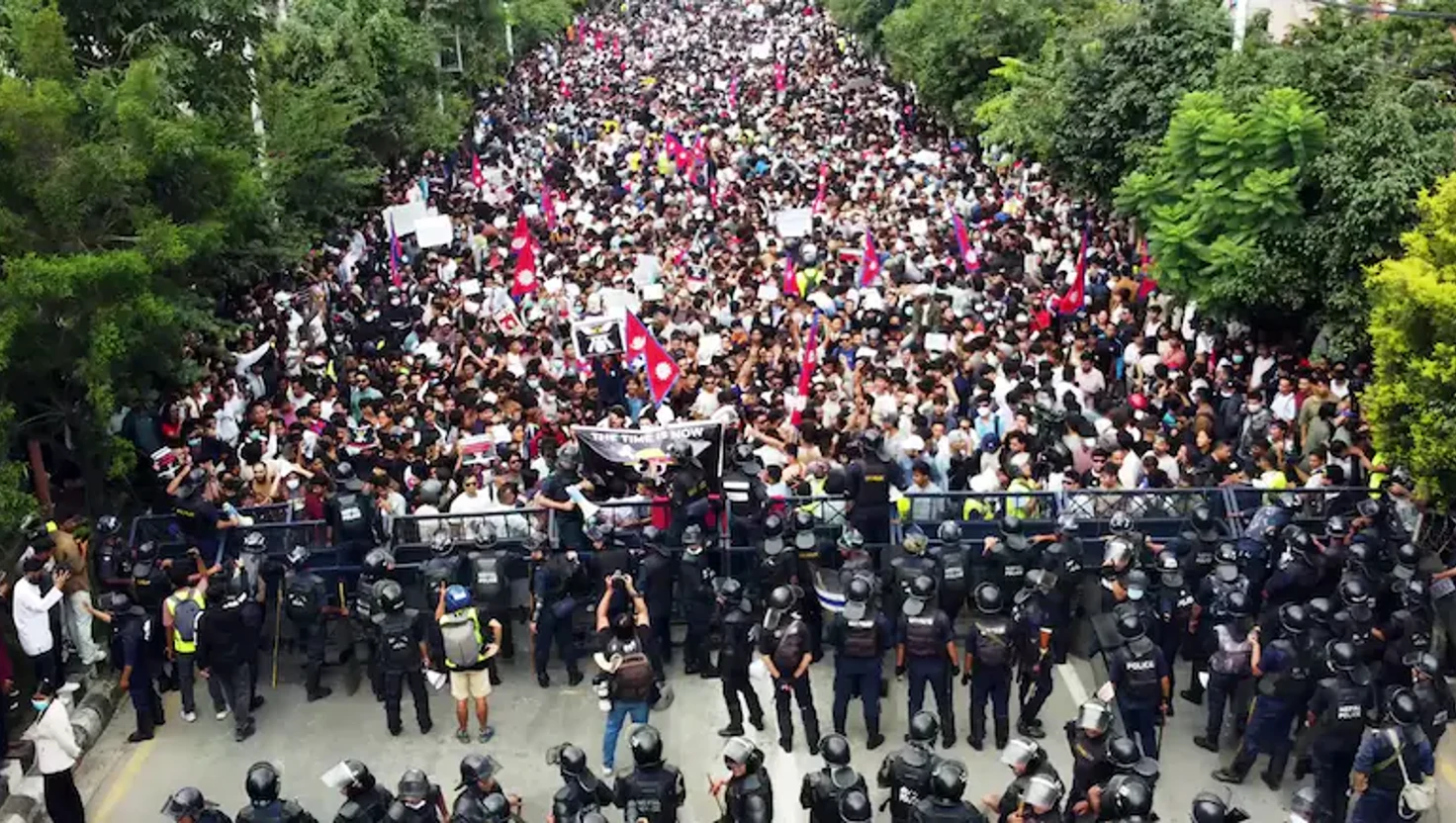
Police firing kills 19 in Nepal. Social Media ban lifted
Nepal's government has lifted a social media ban following violent protests that claimed 19 lives, prompting resignations and calls for investigations.
In a significant policy reversal, the government of Nepal has abolished a recently enforced ban on social media platforms following a series of violent protests that resulted in the deaths of at least 19 individuals and injuries to more than 300 others. The unrest highlighted rising frustrations among younger demographics concerning censorship and government accountability.
The protests predominantly involved youths aligned with the movement known as 'Gen Z', who gathered in front of the Parliament building in Kathmandu, expressing their dissatisfaction with the ban implemented on 26 social media sites, including Facebook, Instagram, and YouTube. The ban had been justified by government officials as a necessary measure to regulate these platforms, which they alleged had contributed to misinformation, fraud, and unhealthy online conduct.
Home Minister Resigns
The turmoil prompted the resignation of Ramesh Lekhak, the Home Minister from the Nepali Congress, who accepted responsibility for the deteriorating security situation. Sources from his party indicated that Lekhak's resignation was grounded in moral accountability amid escalating tensions and unrest.
In response to the protests, which included clashes between demonstrators and police, the Nepali Army was deployed to maintain order around key government locations.
Government Lifts Ban
Late on Monday, following an emergency cabinet meeting, Communication and Information Minister Prithvi Subba Gurung announced the reversal of the ban. He stated, "The government has decided to reopen social media following the demands of Gen Z." While Gurung acknowledged the protests that had arisen due to the ban, he maintained that the initial decision to restrict access was not regrettable.
In light of the violence, the Cabinet established an investigative committee tasked with examining the events that led to the deaths and injuries, with a deadline for a report set at 15 days.
Details of the Protests
According to Binod Ghimire, the spokesperson for the Nepal Police, 17 fatalities occurred amid violent confrontations in Kathmandu, along with two deaths reported in the Sunsari district. Eyewitness accounts suggested that tensions escalated when protesters attempted to breach barriers intended to protect Parliament, prompting a police response involving tear gas and rubber bullets.
Media outlets have detailed the pressure on local hospitals, with facilities such as the National Trauma Centre and Everest Hospital overwhelmed with casualties. Reports indicate that hospitals across Nepal are managing a total of over 300 individuals injured during the protests, with some requiring referral to other medical institutions for treatment.
Political Context and Public Sentiment
Prime Minister K P Sharma Oli expressed sorrow regarding the loss of life, attributing the violence to the actions of 'undesirable elements' within what he described as a predominantly peaceful demonstration. He underscored the government's stance that while they support the regulation of social media, they also value free speech. Prior to the protests, Oli had defended the ban as a necessary move to uphold the nation’s sovereignty.
Local sentiment appears to reflect widespread discontent with government transparency and corruption. Many protesters expressed that the social media ban served as a catalyst, rather than the sole motivator, for their demonstrations. Notably, slogans such as "Stop the ban on social media, stop corruption not social media" have resonated among the crowd.
International Reactions
The situation has garnered international attention, with the United Nations calling for a thorough and transparent inquiry into the violence that transpired. UN human rights officials condemned what they deemed as excessive use of force by security personnel, highlighting the need for accountability and justice. Additionally, human rights advocacy groups, including Amnesty International, have echoed calls for an investigation into the police's actions during the protests.
As the government navigates this complex situation, the implications for political stability and freedom of expression in Nepal remain uncertain. The recent violent encounters signify a potent reminder of the vital role social media plays in modern activism and political discourse.
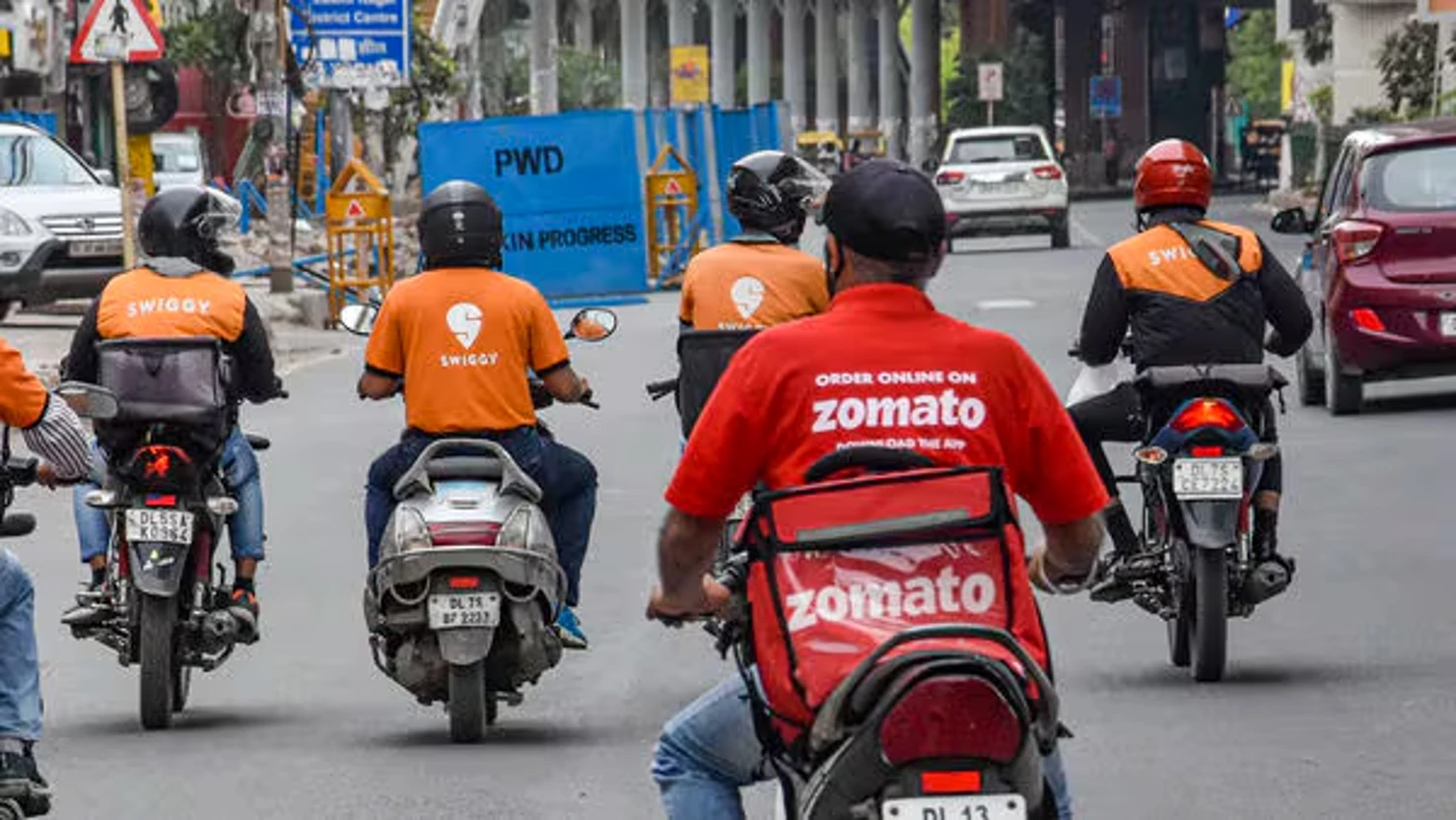
E-commerce Delivery Costs Set to Rise After 18% GST Implementation
E-commerce platforms in India, including Zomato and Swiggy, will charge 18% Goods and Services Tax on delivery fees starting September 22, 2025.
| 2025-09-07

The Conjuring: Last Rites Outperforms Baaghi 4 at Indian Box Office
The Conjuring: Last Rites tops the Indian box office, surpassing Baaghi 4, prompting reflections from filmmaker Sanjay Gupta on industry trends.
| 2025-09-07
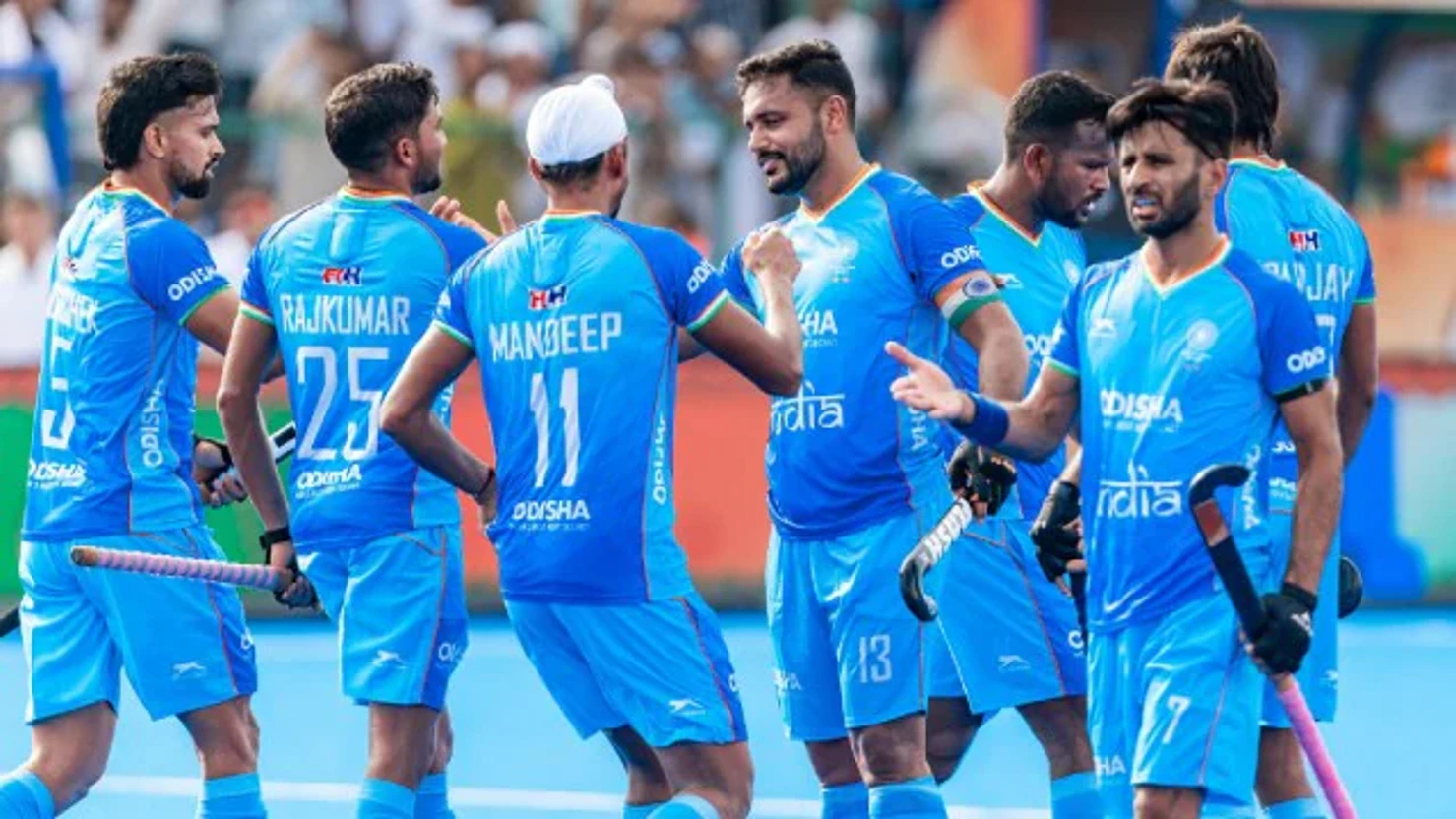
India and Korea Prepare for Asia Cup Hockey 2025 Final Showdown
India faces Korea in the Asia Cup Hockey 2025 final. Both teams aim for victory, showcasing their remarkable skills and competitive spirit.
| 2025-09-07
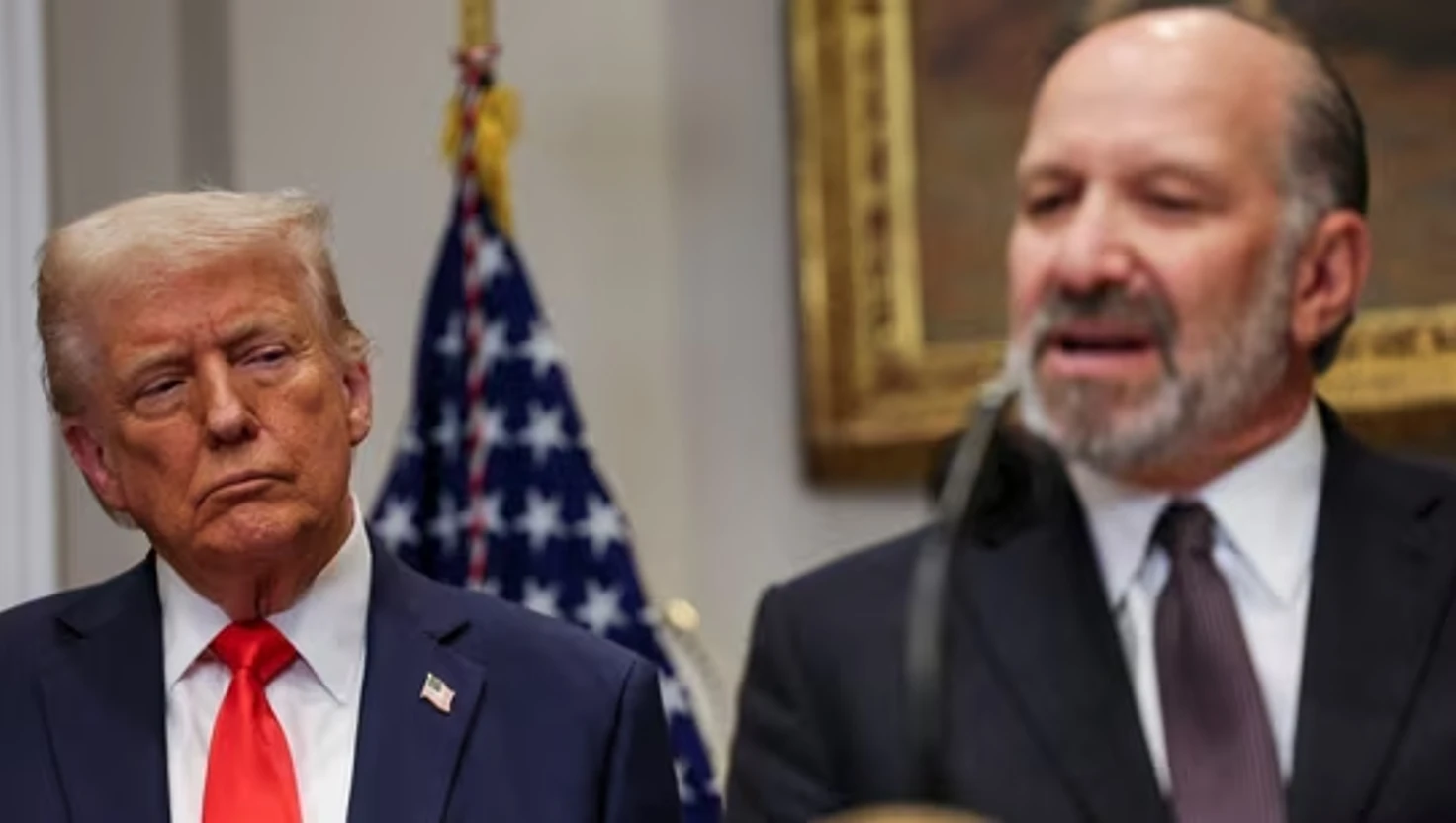
"We've Lost India, Russia To Deepest, Darkest China", says Donald Trump
Donald Trump asserts the US has lost ties with India and Russia to China, criticising New Delhi's energy trade and market openness.
| 2025-09-06
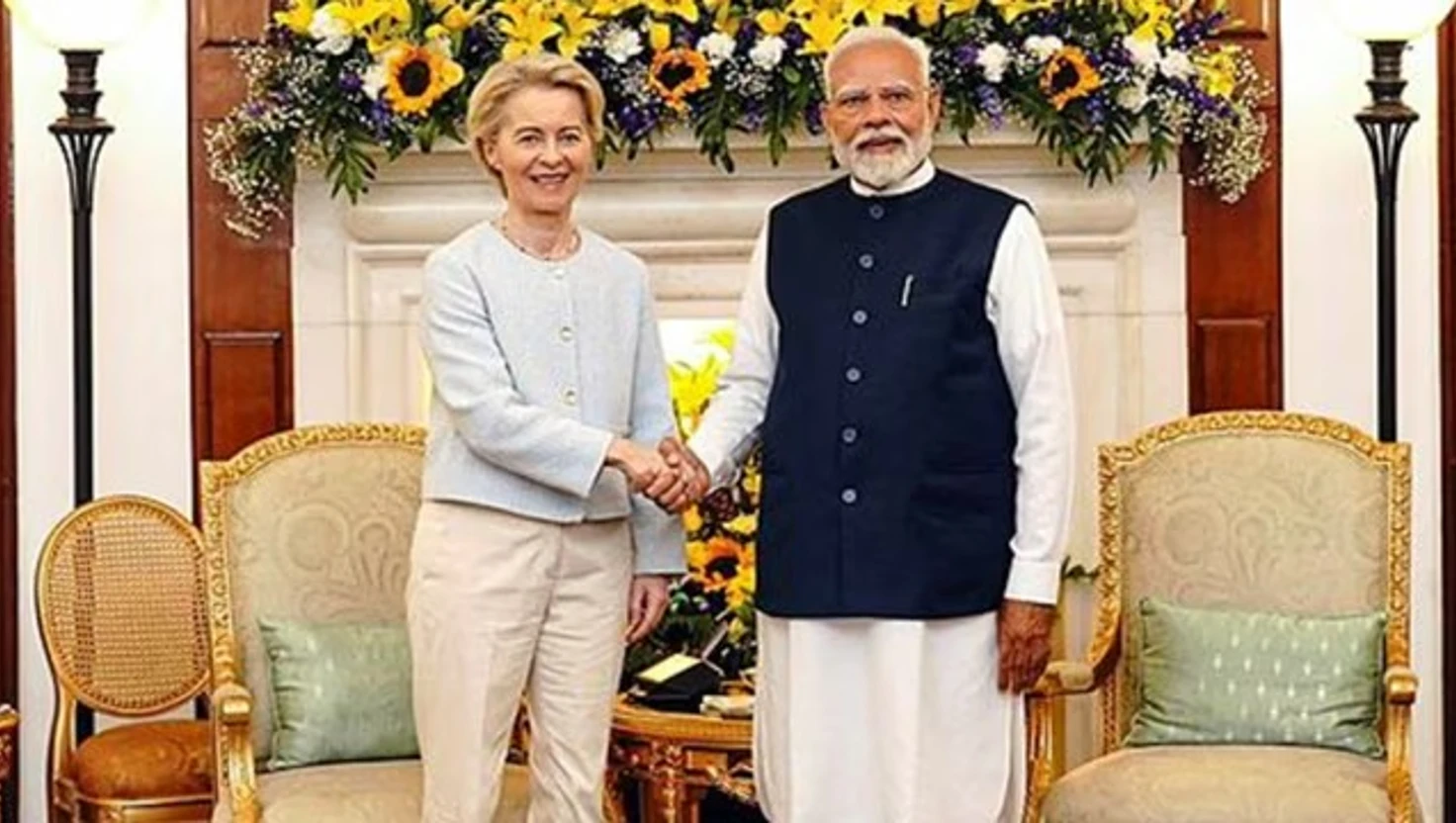
EU leaders, Modi discuss early conclusion of FTA, end to war in Ukraine
European Union leaders call on India to assist in resolving the Ukraine conflict while advancing trade discussions with Prime Minister Narendra Modi.
| 2025-09-05




